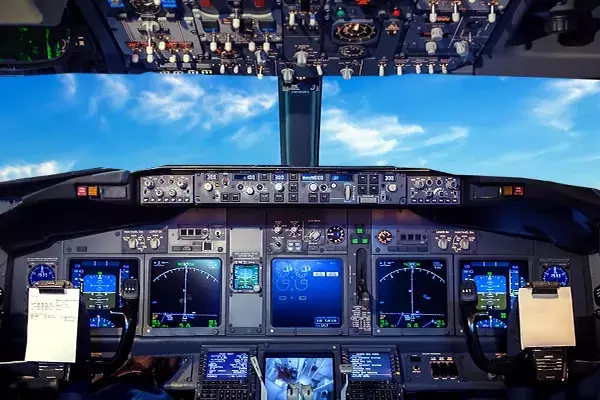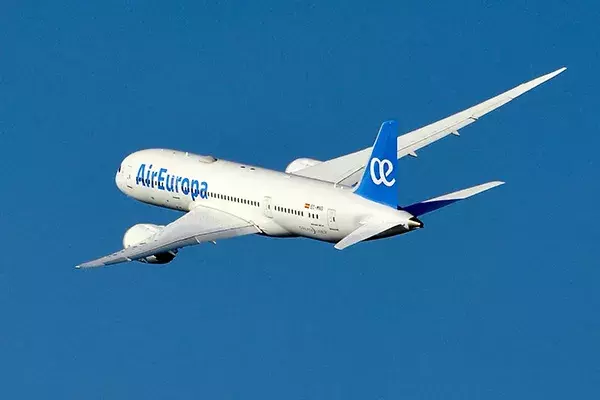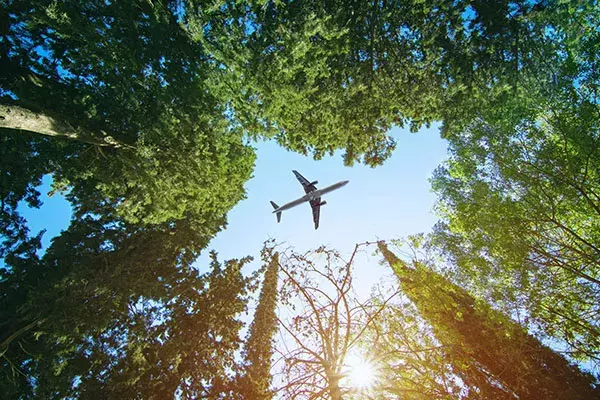10 January 2024 | News
What does Flight 1282 and the 737-9 MAX grounding mean for airlines?
10 January 2024 | News
What does Flight 1282 and the 737-9 MAX grounding mean for airlines?
Alaska Airlines Flight 1282's recent mid-air incident and the subsequent grounding of all 737-9 MAX aircraft has led to hundreds of cancellations, delays, and as a result, a significant number of frustrated passengers. Operations teams are stretched as they try to deal with the fallout. Many airlines will be wondering what the best way is to handle this kind of situation whilst maintaining their reputation and delivering the best passenger experience possible without damaging customer loyalty.
What happened with Alaska Flight 1282?
On Saturday 6 January 2024, Alaska Airlines Flight 1282, a Boeing 737-9 MAX airliner, experienced a cabin panel blowout while scheduled to fly from Portland, Oregan to Los Angeles, California. The blowout caused a large hole to form in the aircraft fuselage. 177 passengers and 6 crew members were onboard the flight.
Depressurisation in the cabin led to oxygen masks being deployed and the airline crew declaring an emergency, requesting to return and land at Portland International Airport. A number of passengers experienced injuries that required medical attention, though all were medically cleared following the incident.
The US National Transportation Safety Board began an investigation, revealing that the aircraft’s fuselage door plug, which had been removed during the blowout, had been found in the yard of a Portland school teacher. At a news conference, NTSB Chair Jennifer Homendy explained that finding this door plug would provide signs as to why this piece separated from the aeroplane.
How does this impact the 737-9 MAX plane?
Following the incident on Flight 1282, the US Federal Aviation Administration (FAA) issued a statement in which they ordered the temporary grounding of certain Boeing 737 MAX 9 aircraft operated by U.S. airlines or in U.S. territory, to allow operators to carry out inspections before flights can continue.
Regulators from around the world have followed the FAA’s directive, with many also grounding flights until safety inspections can be made.
A number of airlines have also responded:
- Alaska Airlines initially grounded all 65 planes that make up its 737-9 MAX fleet, causing 230 flights to be cancelled in the days following flight 1282.
- United Airlines is currently the carrier operating the most 737-9 MAX planes, with a fleet of 79 that use this configuration. All were initially grounded, leading to more than 270 cancelled flights. During inspections of their fleet they found bolts on the 737-9 Max which needed tightening due to "Installation issues".
- COPA Airlines has 26 737-9 MAX planes, with the Panamanian airline operating these in two configurations. 21 of their aircraft have been grounded, with the airline expecting delays and cancellations.
- Aeromexico operates 19 planes in its 737-9 MAX fleet, all of which were grounded whilst inspections took place, causing a number of cancellations.
- Turkish Airlines released a statement declaring that their fleet of five 737-9 MAX planes would be recalled for precautionary checks.
How should airlines deal with the grounding of 737-9 MAX planes?
The consequences from Flight 1282's mid-air incident and the subsequent grounding of all Boeing 737-9 MAX aircraft has created many logistical issues for airlines. The number of flights affected by this grounding will mean considerable passenger disruption as routes are delayed or cancelled and schedules are altered with little notice.
Airline operations teams across the world will be working as quickly as possible to contact and rebook affected passengers, with many staff re-assigned to help manually inform passengers that their flights are not running as expected.
The resource required and impact will prove to be a headache for many airlines, but there are alternative solutions. At 15below, our platform cuts down on the manual intervention required, streamlining communication with affected passengers. By automatically searching through booking records, 15below pinpoints who needs to know what, then triggers personalised notifications across multiple channels including SMS, email and WhatsApp.
We all know that most acts of disruption are often unexpected, and when an incident like the grounding of 737-9 MAX planes occurs, it’s reassuring to know that our automated platform will help smooth your response, meaning your operations team can be freed up to handle only the most complex cases. Whether you’re facing mechanical issues, strikes, crew shortages or extreme weather conditions, we can help manage your communications to passengers, keeping them informed and improving both their experience and future loyalty. Read more about how this works in our case study, which showcases how another US airline handled a severe storm using our platform or take a look at our popular eGuide to get practical tips for handling IROPS.
Want to find out more about how the 15below platform works during airline disruption? Request a demo from our team.




